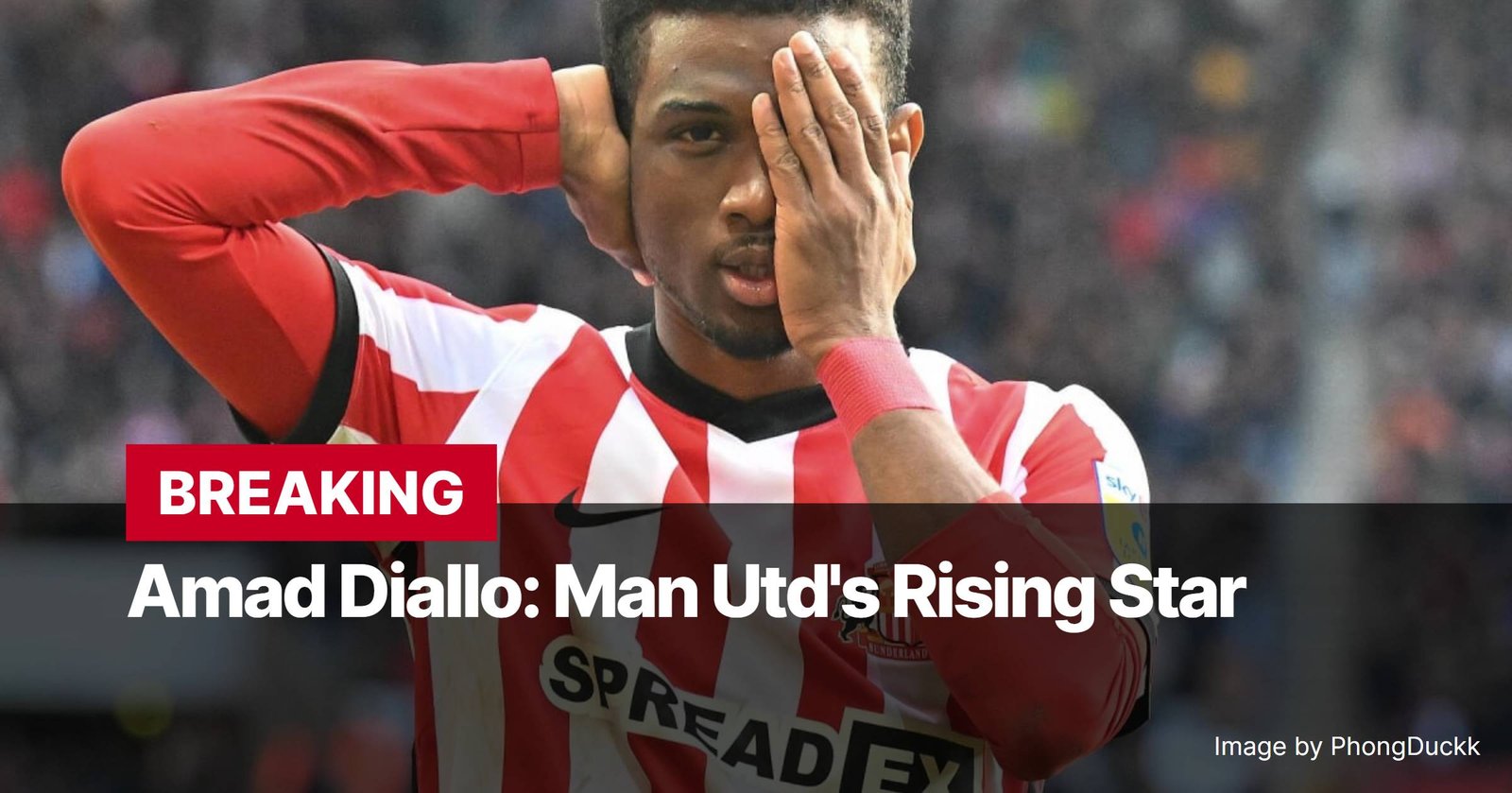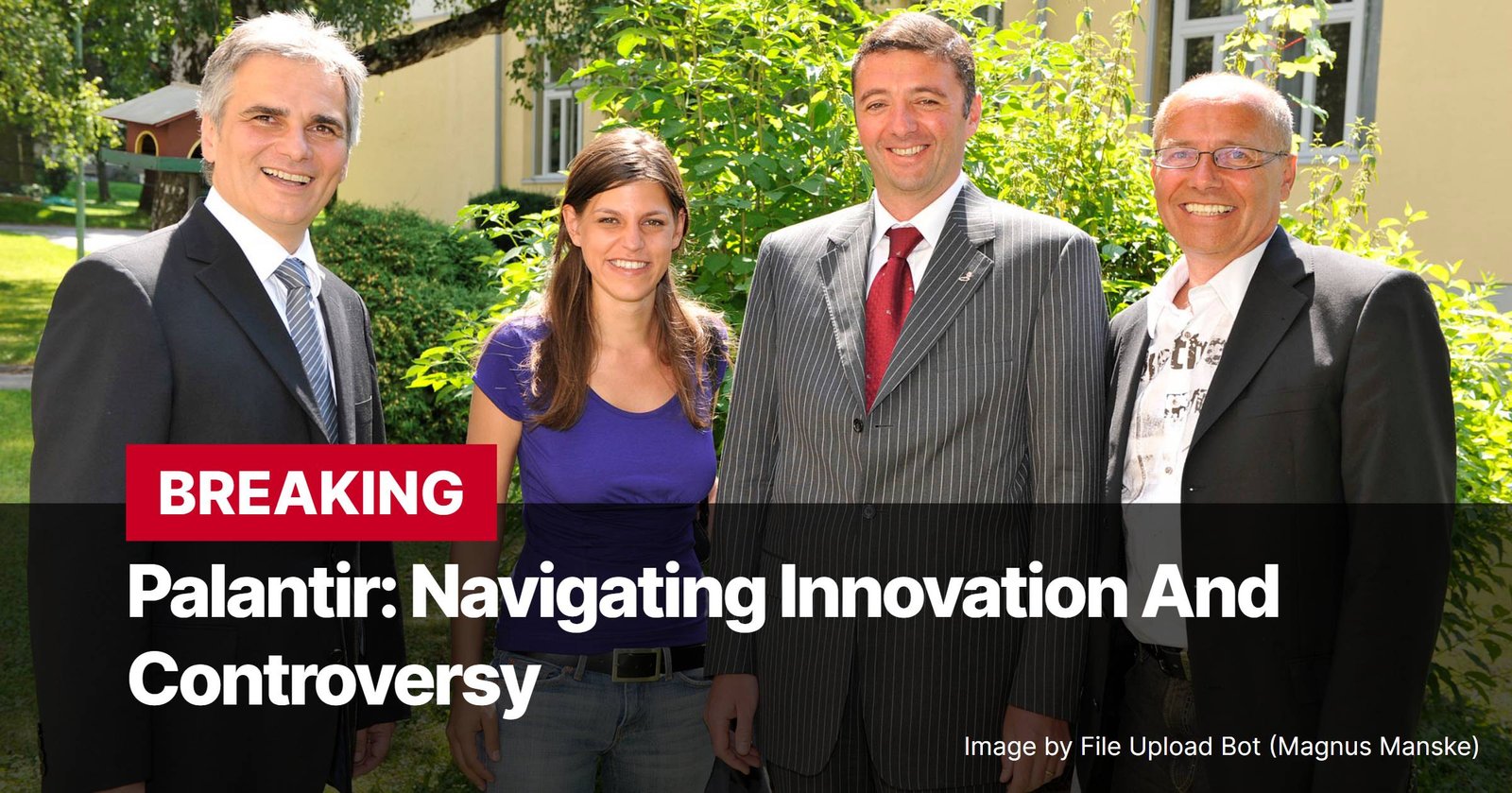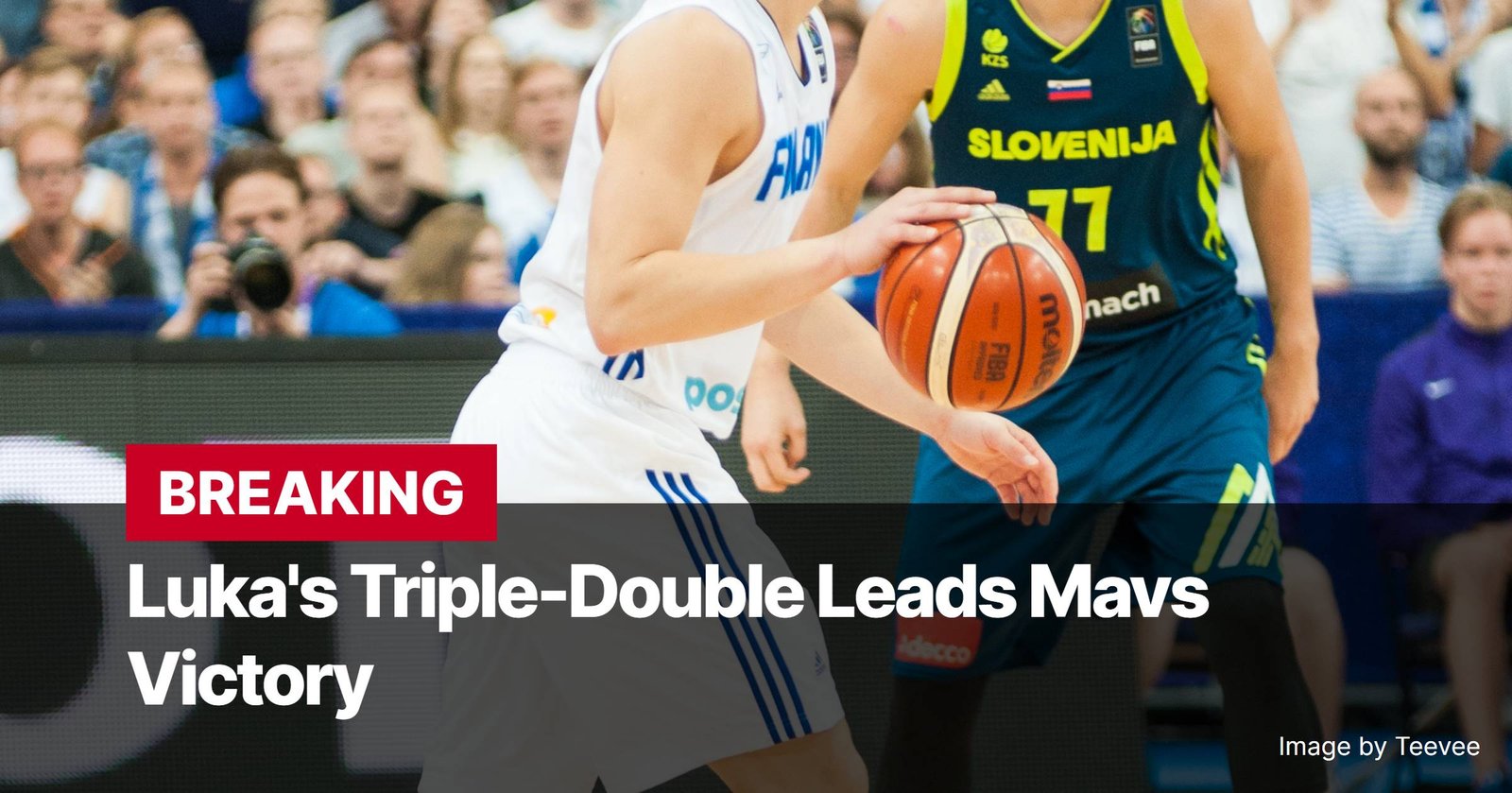The Republic of Ireland vs. England match in the UEFA Nations League was a highly anticipated affair, fueled by the recent history of players switching allegiances and a passionate rivalry between the two nations. The match, played on September 7th, saw England emerge victorious with a 2-0 win, kicking off their Nations League campaign with a strong statement.
The match was particularly notable for the return of two players who had previously represented Ireland: Jack Grealish and Declan Rice. Both players were met with a mixture of cheers and jeers from the Irish fans, reflecting the complex emotions surrounding their decision to switch allegiances. However, the duo proved their commitment to their new nation, with Rice opening the scoring in the first half with a well-taken goal and Grealish adding a second to seal the victory.
The match was also significant for the debut of a new interim manager for England. His arrival marked a change in direction for the team, with a focus on a more attacking style of play. The team demonstrated this shift in strategy throughout the match, displaying a fluid and dynamic approach that saw them dominate possession and create numerous chances.
The victory in Dublin was particularly satisfying for the English team, given the passionate and hostile atmosphere created by the Irish fans. The players embraced the challenge, rising to the occasion and demonstrating a resilience and determination that bodes well for the future.
Despite the positive result, some analysts have questioned England’s performance in the second half. While they were ultimately comfortable with the two-goal lead, they failed to maintain the same level of intensity and creativity that characterized their first-half performance. This suggests that the team still has room for improvement in terms of consistency and maintaining focus throughout a match.

The game has reignited debate about the role of national identity in sport. The presence of players like Grealish and Rice, who have chosen to represent a country other than their birth nation, challenges traditional notions of loyalty and belonging. The passionate reactions from the Irish fans highlight the deep emotional connection that people have with their national teams, and the potential for conflict when those loyalties are challenged.
The result in Dublin provides a positive start for England in the Nations League. It remains to be seen whether the team can maintain this momentum and build on their strong foundation under the leadership of their new interim manager. The team’s next challenge will be a home match against Finland, offering another opportunity to prove their worth and solidify their place as a force to be reckoned with in the international football landscape.



















